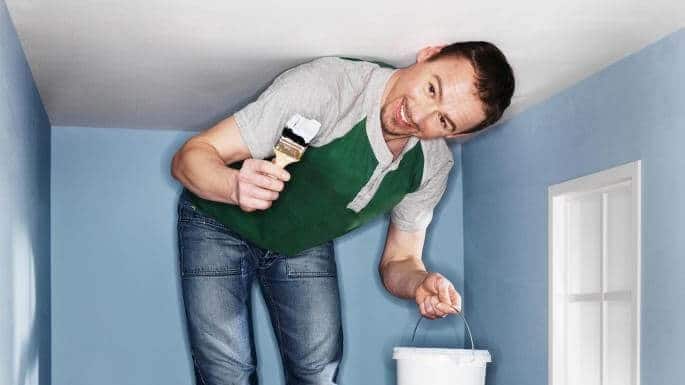There are clear signs that “private” sales are going mainstream
By Melissa York

Pssst… are you “off-market”? No, I don’t mean married — is your house on a secret list of properties for sale? Though this practice sounds clandestine, all it means is that you’ve chosen to keep your house out of the public domain, away from browsing eyes on Rightmove and Zoopla and out of high-street windows. Instead, estate agents trade these homes among themselves, matching them with the requirements of registered off-market buyers.
While buying and selling this way isn’t new, there are clear signs that “private” sales are going mainstream. Once the exclusive preserve of oligarchs and celebrities who didn’t want the contents of their home splashed all over the internet, the practice has moved further down the market in recent years.
“We used to be dealing in £20m properties, but now it can be anything from £1m upwards,” says Caspar Harvard-Walls, partner at the buying agency Black Brick. He estimates that the number of off-market properties on his books has risen from a quarter in 2018 to a third in 2019.
“I was looking on behalf of a buyer who had a £4m budget. I found six houses that met their specific brief and not one of them was on the open market.”
And this phenomenon isn’t limited to the chattering classes in the capital. Agents at Carter Jonas in York have also noticed an increase in off-market sales in the middle market, up from 10% of listings to 15% over the past year.
While there are many personal reasons one might go off-market — security for starters, as you will discover in my feature — the internet has played a significant role. Selling your home is just a lot more public than it once was. Now any buyer can see how long your home has been on the market, how much you bought it for and the value of similar homes in your street at the click of a button and a scroll of a mouse.














